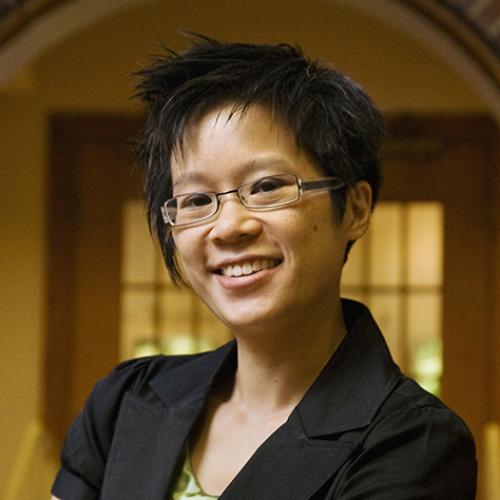The Illinois Program for Research in the Humanities (IPRH) at the University of Illinois at Urbana-Champaign has awarded Bonnie Mak, GSLIS assistant professor, a Faculty Fellowship for the academic year 2012–13.
Mak will focus on her project, Implications of a Digital Revolution, a critical investigation of the processes and products of digitization and their ultimate cultural impact. “[The] project grapples with the translation of physical objects into digital media in a climate of purported revolutionary change,” said Mak. “My analysis of digitizations exposes the ways in which historical sources are being reconfigured for digital transmission as part of the 'information revolution,' and considers the consequences of this reconfiguration for humanities scholarship, cultural heritage, and the making of meaning.”
“Dr. Mak's innovative research on the digitization of historical sources and its implications is an important look into part of our field that is rapidly changing,” said J. Stephen Downie, associate dean for research. “We at GSLIS are so excited that this fellowship will enable Professor Mak to explore this topic further. We applaud Bonnie’s success in working with scholars from across campus in an exploration of how technologies are impacting the humanities.”
Faculty Fellows are released from one semester of teaching, with the approval of their departments and college, and receive a research allocation. They are also asked to teach one course, during the award year or the year immediately following, on a subject related to their Fellowship. All IPRH Fellows are expected to remain in residence on the Illinois campus during the award year, and to participate in the Program’s yearlong interdisciplinary Fellows Seminar.
In total, seven faculty members and seven graduate students from the Illinois campus were awarded fellowships.
